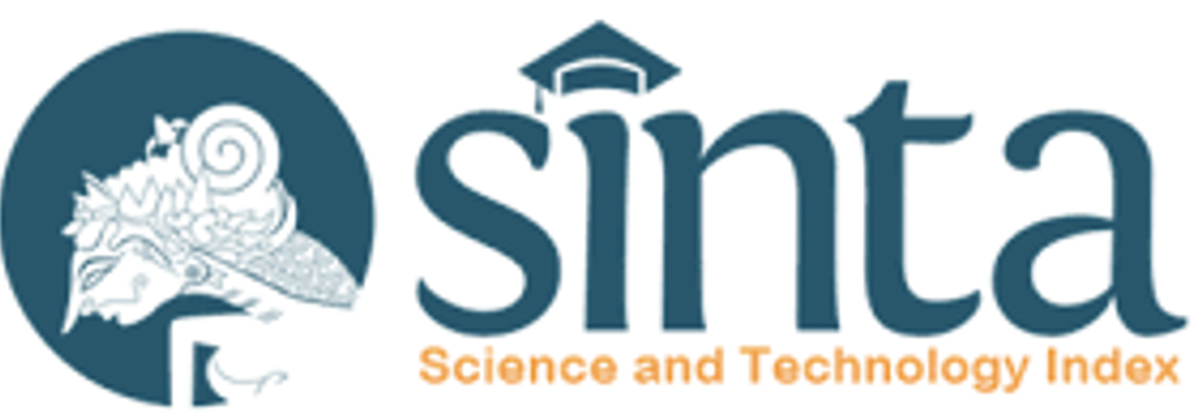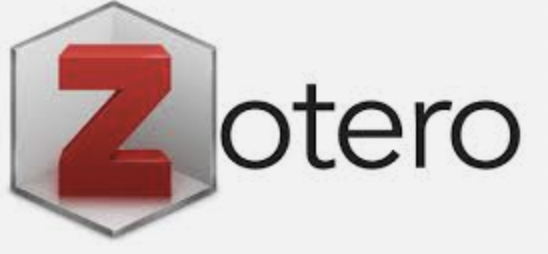Implementasi Kurikulum Merdeka: P5 Tema Keberagaman Global Menggunakan Project Based Learning
DOI:
https://doi.org/10.21067/jppi.v17i2.9183Abstract
Based on observations made by the author at SMA Negeri 6 Malang, it was found that the application and implementation of learning from the Pancasila Student Profile Strengthening Project (P5) in terms of the theme of Global Diversity using a project-based learning model for class X (Ten) students is seen as new, innovative and participatory . students are active in the learning process. So the authors are interested in conducting research. The purpose of this study was to determine the implementation of P5 on the theme of Global Diversity as the implementation of the Independent Curriculum and the implementation of P5 using a project-based learning model. The research method used is descriptive method with data collection tools in the form of documents, observations and interviews.
The implementation of P5 as an implementation of the Independent Curriculum at SMA Negeri 6 Malang is a curriculum structure consisting of 2/3 intracurricular or face-to-face activities (KBM) and 1/3 co-curricular activities or P5 Projects. Designing the learning implementation of the Pancasila Student Profile Strengthening Project (P5) with the theme of Global Diversity using the Project Based Learning learning model. The stages in its implementation are the stages of socialization, planning, monitoring in the form of holding action activities, holding celebrations, evaluating and reflecting. Each stage carried out in the learning implementation of the Pancasila Student Profile Strengthening Project (P5) uses the syntax in PjBL. The teacher as a facilitator is in charge of assisting, directing and providing input and suggestions for project implementation so that students are expected to develop according to their talents and interests. The conclusion from the implementation of P5 students is expected to be able to develop Pancasila student profiles and become agents of social change who are actively involved in solving social problems that exist in society. So that it can maximize its role as an important part of society and the state.
References
Angelia Putriana. (2022). Peran Komunikasi Pemasaran Pengobatan Alternatif dalam Meningkatkan Kepercayaan Masyarakat. MUKASI: Jurnal Ilmu Komunikasi, 1(1), 31–38. https://doi.org/10.54259/mukasi.v1i1.427
Ansari, A. H., Alpisah, & Yusuf, M. (2022). Konsep dan Rancangan Manajemen Kurikulum Merdeka di Tingkat Sekolah Menengah Pertama. Manajemen Administrasi Sekolah-AKWF2305, 1(1), 34–45.
Anwar, M. M., Firdaus, A., & Irawan, D. (2021). Implementing Project-Based Learning (PjBL) in Curriculum 2013: A Solution for Indonesian EFL Classroom. Journal of English Education, 5(1), 19–34.
Bonawitz, E., & Yan, X. (2019). Project-Based Learning for Global Competence in a U.S. Chinese Flagship Program. Journal of Research in Science Teaching, 56(4), 430–453.
Devi, D., & Romadlan, S. (2021). The Implementation of Project-Based Learning in Indonesian Primary Schools: Opportunities and Challenges. Universal Journal of Educational Research, 9(6), 2905–2912.
Harwell, S., & Aoki, J. (2019). Implementing Project-Based Learning: Lessons from Leading Innovators. Journal of Educational Change, 20(2), 143–170.
Haryanti, E., Haryanta, D., Wedowati, E. R., & Suryaningsih, D. R. (2022). Lidah buaya menjadi peluang bisnis keluarga. 2(1), 68–75.
Kemendikbud. (2021). Panduan Pelaksanaan Pembelajaran Berbasis Proyek (Project Based Learning) dalam Implementasi Kurikulum Merdeka. Kementerian Pendidikan, Kebudayaan, Riset, dan Teknologi.
MUJIBURRAHMAN, M., SUHARDI, M., & HADIJAH, S. N. (2023). Implementasi Model Pembelajaran Project Base Learnig Di Era Kurikulum Merdeka. COMMUNITY : Jurnal Pengabdian Kepada Masyarakat, 2(2), 91–99. https://doi.org/10.51878/community.v2i2.1900
Pramono, R., & Hadi, S. (2018). Implementing Project-Based Learning (PjBL) in Indonesian Secondary Schools: A Comparative Study of Physics Teaching. Journal of Baltic Science Education, 17(4), 604–618.
Puspitasari, A. L., & Adi, D. W. (2018). Implementing Project-Based Learning to Improve the Writing Skills of EFL Students in Indonesia. Arab World English Journal (AWEJ), 9(4), 394–406.
Putra, H. A., & Soepriyanto, Y. (2020). The Implementation of Project-Based Learning Model to Improve Critical Thinking and Problem-Solving Skills of Elementary School Students. International Journal of Instruction, 13(1), 1409–1424.
Roesdiyono, A., & Maulana, R. (2019). Developing Global Citizenship Education in Indonesian Higher Education: A Case of Project-Based Learning. International Journal of Higher Education, 8(3), 107–116.
Suwendi, I., & Darman, D. R. (2019). The Implementation of Project-Based Learning on English Subject in Junior High School. English Education: Jurnal Tadris Bahasa Inggris, 12(2), 155–168.
Wahyuni, S., & Wijaya, S. (2020). Enhancing 21st Century Skills Through Project-Based Learning: A Case Study in an Indonesian Vocational School. Journal of Technical Education and Training, 12(2), 114–128.











